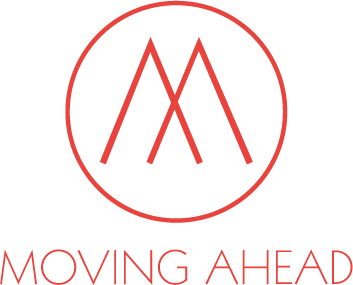Many Women Ahead programmes focus on helping organisations achieve gender equality at senior levels within organisations. Why? Because by inviting and celebrating diversity, and actively creating inclusion, businesses are more creative, innovative, attractive, successful, and – quite simply – reflective of wider society. Yet we often encounter a flaw in thinking: that to reach a seat in the coveted boardroom, women must be mentored by women. While it’s true that senior women have often encountered the same biases, navigated the same obstacles and balanced the same responsibilities as their younger female colleagues, there are incredible benefits to having – and becoming – a male mentor. On this International Men’s day, we celebrate three of them.
1. Male mentors foster female boldness
As a mentee on the 30% Club cross-company mentoring programme once told us, ‘Men will apply for a job if they can do 50 per cent of it; women will apply if they can do 90.’ From imposter syndrome to reticence in stepping forward, speaking up and applying for that stretch role, there’s no denying that women can experience different challenges to male colleagues, and that mentoring can be the perfect remedy. Women Ahead and Moving Ahead speaker and supporter and ‘The world’s leading male feminist’, Dr Michael Kimmel believes ‘Women need mentors who can guide them through the corporate forest. They also need champions to put them forward, promote them to their colleagues for advancement, and who urge them on.’
2. Male mentors become female advocates
Mentoring is no one-way transaction. In fact, our research has shown that the benefits for mentors can be just as powerful as those for mentees, and turn male mentors into strong advocates for female advancement. BDO’s Mark Bomer – a mentor on the 30% Club cross-company mentoring programme 2016/17 – found the insight into female experiences of the workplace enlightening: ‘My mentee underestimated how strong she was, so didn’t push herself forward. That must be going on within BDO. I realised I don’t need to find lots of mentees like her; I need to do what I can to change BDO so there aren’t so many. We don’t need to fix women; it’s not them that are broken.’
3. Male mentors share generational insights
In reverse mentoring relationships, junior colleagues mentor those more senior, with the goal of sharing younger perspectives on topics including – but not limited to – technology, the millennial mindset and work-life balance. We’ve found that men make fantastic reverse mentors. As Dr Kimmel says, ‘Younger male workers enter companies these days with a profile quite similar to that of female workers. They want to have great careers, and they also want to be awesome parents! Older males may have sacrificed this time with their families and may actually receive some strategic advice.’
Award-winning 30% Club mentor Michael Cole-Fontayn says that, ‘We all stand on the shoulders of those who came before us. And, fortunately for mentors, it is just as exciting to be the shoulders on which someone else stands.’ Whether junior or senior, male mentors provide a strong and vital pair of shoulders to stand on. In sharing their knowledge, experiences and skills with women – or other men – they can, in his words, ‘Bring everyone closer to smashing their glass ceiling.’
Dr Michael Kimmel is one of our amazing speakers. You don’t have to be involved in any of our mentoring programmes to book someone from our speaker academy so if you are holding an internal event and looking for an inspirational speaker on diversity, inclusion or the power of mentoring - look no further. See Michael’s showreel here and contact kate@women-ahead.org if you’d like to book him or any of our other inspirational speakers.





